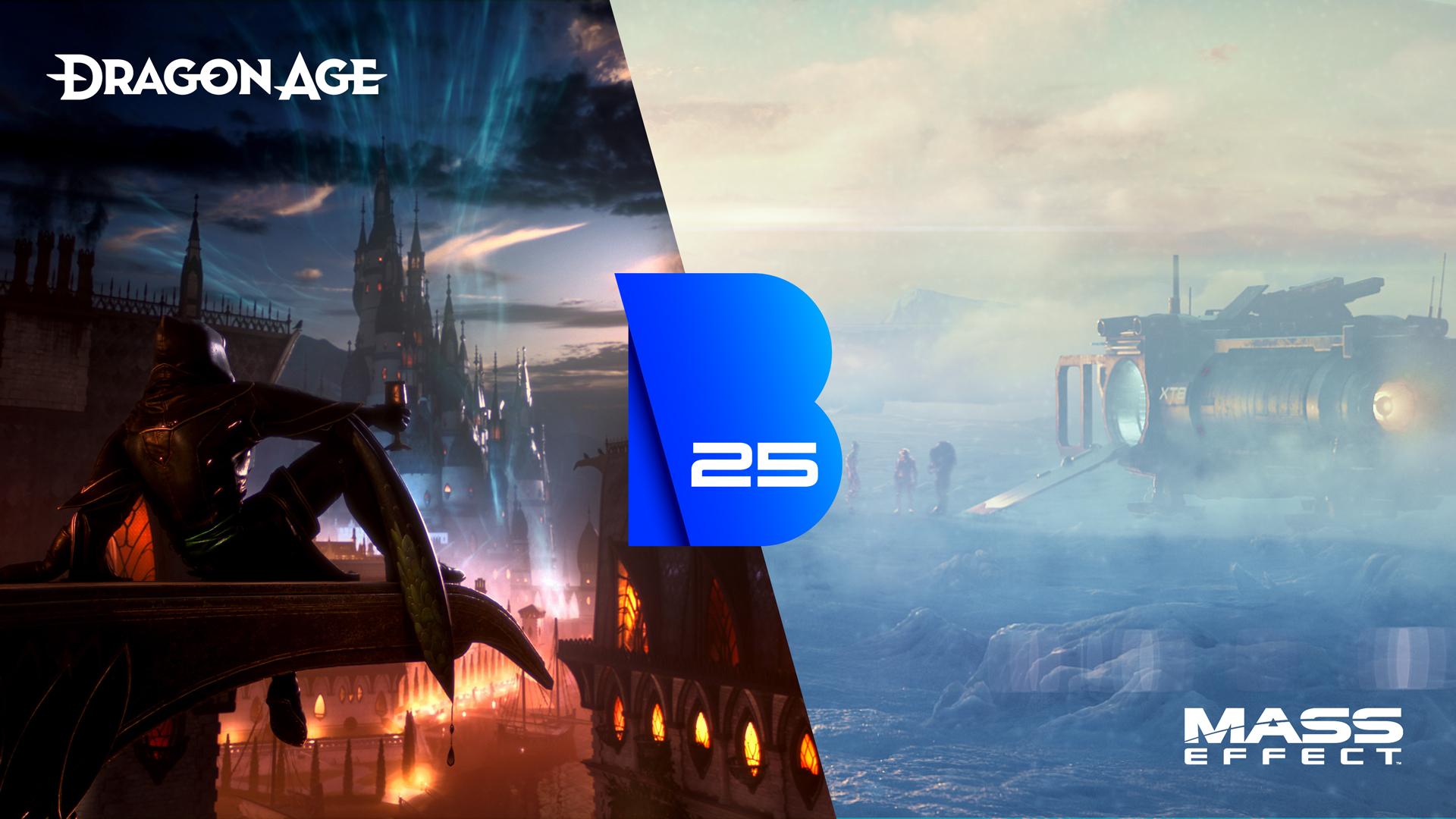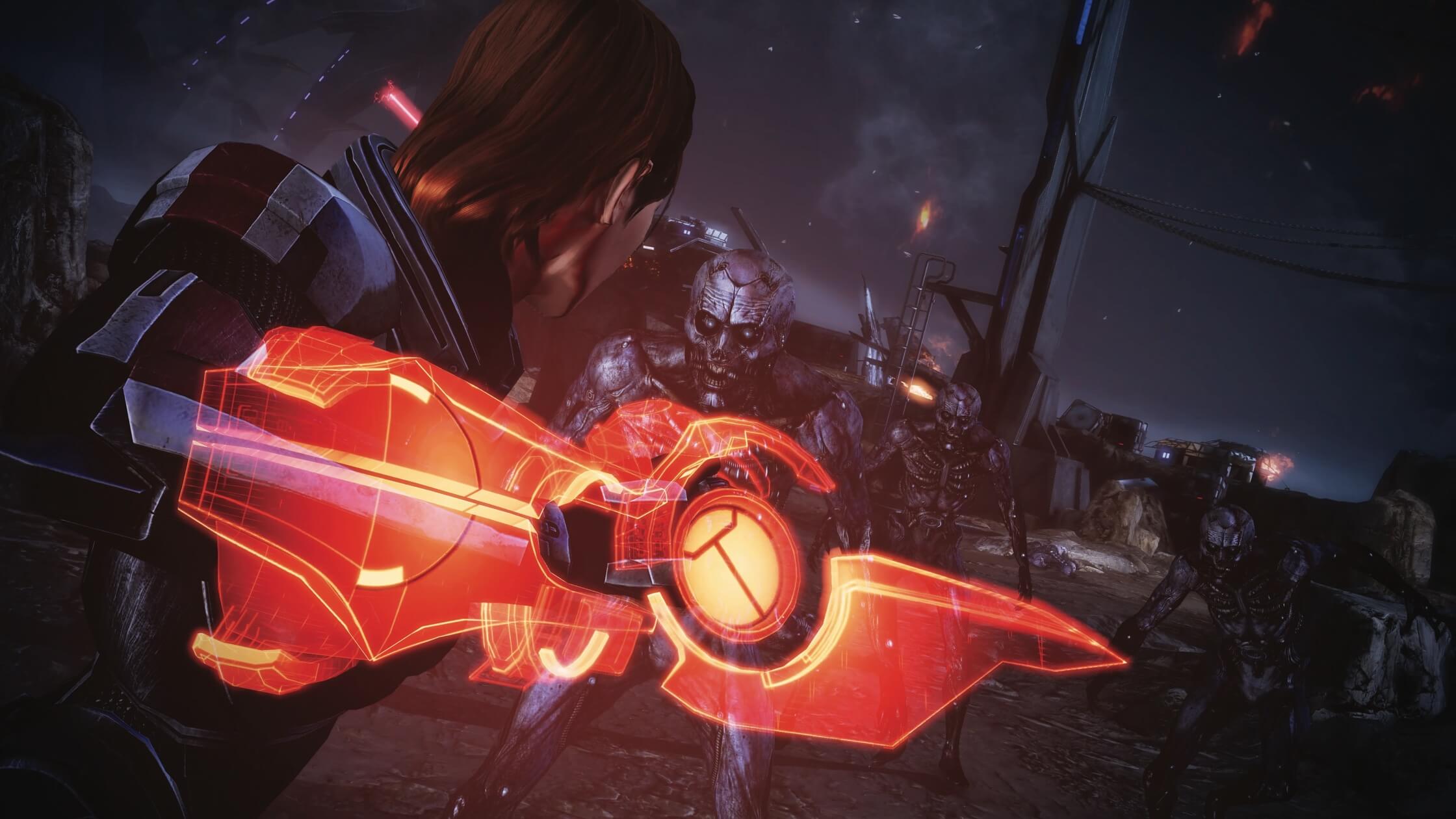
Thus we should have noticed it, or been noticed by it, unless we are truly the only example of intelligent life. Such life will have had time to essentially span the Milky Way, even if spreading out at relatively slow sub-light speeds, it - or its artificial surrogates, machines - will have reached every nook and cranny. It directly addresses one of the great questions of astrobiology - is there intelligent life elsewhere in our galaxy, and if so, why haven't we intersected with it yet? The first serious thinking about this problem seems to have arisen during a lunchtime chat in the 1940's where the famous physicist Enrico Fermi (for whom the fundamental particle type 'fermion' is named) is supposed to have asked "Where is Everybody?" The essence of the Fermi Paradox is that since our galaxy is very old, perhaps 10 billion years old, unless intelligent life is almost impossibly rare it will have arisen ages before we came along. Oregon)īut the biggest idea, the biggest piece of fiction-meets-genuine-scientific-hypothesis is the overarching story of Mass Effect. It's a surprisingly good representation of what we now think is really out there. There are gassy planets, rocky planets, and watery planets of great diversity in age, history and elemental composition. There are hot Jupiters, and icy Neptune-like worlds. These have been torn from the annals of the real exoplanets, gussied up a little, but still recognizable. Flying your ship to different star systems presents you with a bird's eye view of the planets, each of which has a fleshed out description - be it inhabited, or more often, uninhabitable. Take for example the task of finding mineral resources in Mass Effect 2. The first of which is the relentless attention to plausible background detail.



It's awfully good, even without all the fantastic visual design or gameplay, at the heart is a rip-roaring plot and countless backstories that tie the experience into one of the most carefully and completely imagined sci-fi universes out there.Īs a scientist, and someone who will sheepishly admit to a love of videogames (from countless hours spent as a teenager coding my own rather inferior efforts, to an occasional consumer's dip into the lushness of what a multi-billion dollar industry can produce), the Mass Effect series is fascinating for a number of reasons. The video game Mass Effect has now reached its third and final installment a huge planet-destroying, species-wrecking, epic finale to a story that takes humanity from its tentative steps into interstellar space to a critical role in a galactic, and even intergalactic saga. Making sophisticated tactical decisions and wrestling with chilling and complex moral puzzles, they are quite literally deciding the fate of our existence. Right now, all across the planet, millions of people are engaged in a struggle with enormous implications for the very nature of life itself.


 0 kommentar(er)
0 kommentar(er)
